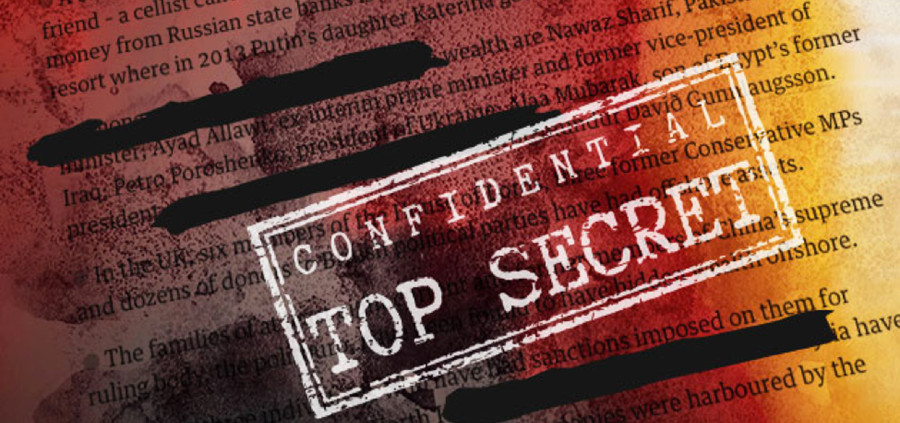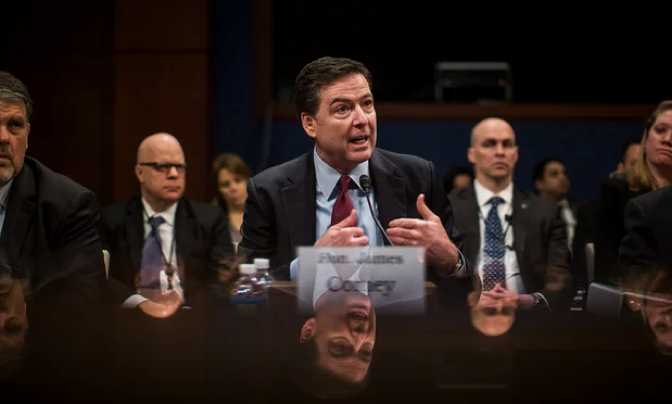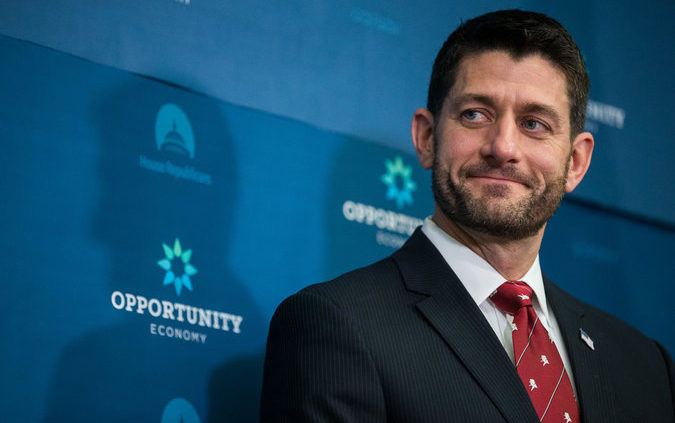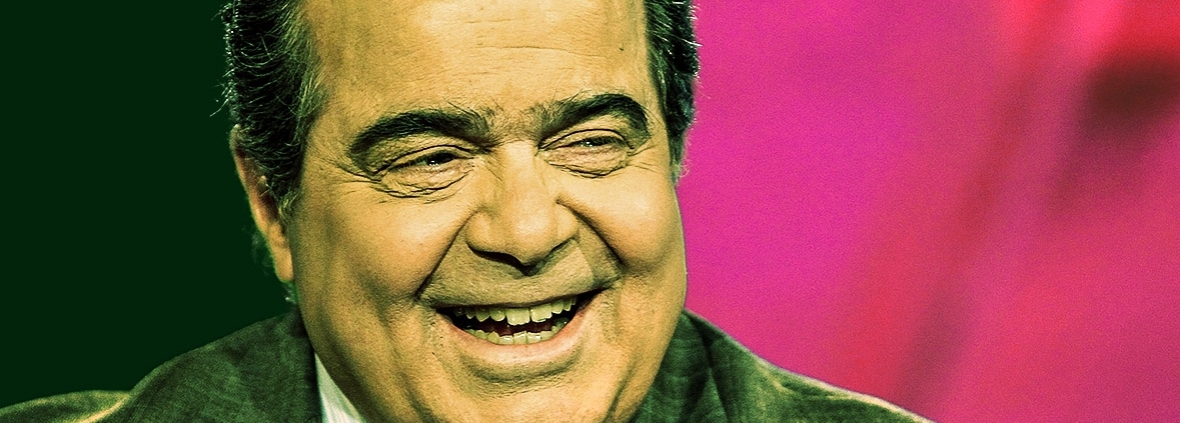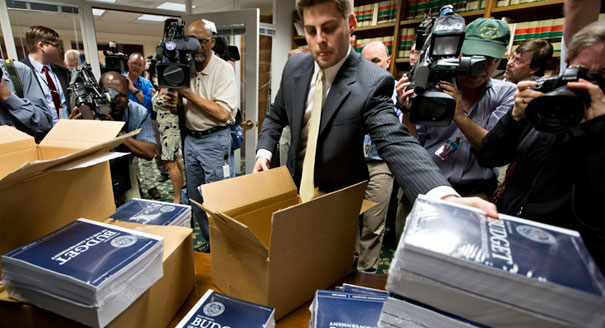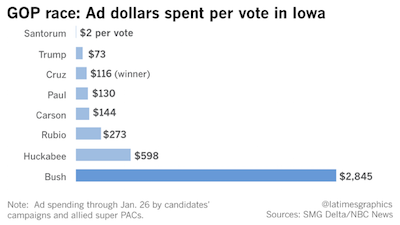Panama Papers, Saudi Oil, and Brand Backstories
Here’s What You Need to Know
Earlier this week over 2.5 terabytes of data containing 11.5 million documents from the world’s 4th largest offshore law firm, Mossack Fonseca, were leaked by anonymous sources to German newspaper Suddeutsche Zeitung and the International Consortium of Investigative Journalism (ICIJ). The documents revealed staggering hidden wealth of international politicians, leaders, and celebrities. Here are some of the most interesting revelations from and related to the unprecedented data breach:
- A COLD WELCOME IN ICELAND: Iceland Prime Minister Sigmundur David Gunnlaugsson has stepped down, “an apparent casualty of the Panama Papers leaks,” that revealed his previously undisclosed links to Mossack Fonseca. The leaks triggered mass protests in the capital calling for his resignation.
- PUTIN’S MONEY TRAIL: CNBC notes “the papers show Putin’s close aides were involved in a $2 billion money trail with offshore firms and banks.” Putin’s spokesperson claimed “western spy agencies were behind an all-out ‘information attack’ against him to destabilize Russia before elections.” Yet, Jake Bernstein of the IJIC said the timing of the “Panama Papers” release and the Russian elections was “perfectly coincidental.”
- MORE THAN 140 CHARACTERS: “ICIJ says it has found evidence that some 140 leaders and politicians, and potentially hundreds of other individuals, established companies in Panama over the nearly 40 years for which it has obtained records,”The Wall Street Journal reports, mentioning family members of Chinese President Xi Jinping, the Saudi king, Malaysian Prime Minister Najib Razak, and “several former British members of Parliament as well as the deceased father of Prime Minister David Cameron.”
- WHAT’S CLINTON GOT TO DO WITH IT? As The Daily Caller reports: “A billionaire and a Russia-controlled bank named in the Panama Papers have links to Hillary Clinton through two separate lobbying efforts … Clinton is not implicated in the Panama Papers, which pertain to offshore bank accounts set up by the Panamanian law firm Mossack Fonseca. But the Democratic presidential candidate’s connections to two subjects named in the leaked documents show the vastness and depth of her international relationships.”
- WHY NO AMERICANS? First, according to Politico, “Tax evasion overall is a far larger problem in developing countries, where norms around paying taxes are weak and rules designed to stop such evasion are ineffective. And when wealthy Americans do want to evade taxes, they turn to Bermuda, or the Cayman Islands, or Singapore. They don’t park their money in Panama.” Politico also reports that “some professors have suggested that Americans may have disguised their accounts at Mossack Fonseca behind another party.” When asked about the lack of Americans in the leak, the editor of German newspaper Süddeutsche Zeitung, one of the leading publications behind the leak mysteriously responded, “Just wait for what is coming next.”
Perhaps the most important revelation of the entire Panama Papers affair is the new reality that private institutions, not just government agencies, must seek to protect themselves from crippling data breaches. Sony and other companies have been victims of hacking and leaks, but the sheer volume of information shared from the private files of Mossack Fonseca rises to a new level that may very well be the new normal for large multi-national corporations protecting sensitive documents and records.
News You Can Use
BYGONE BANK TELLERS
Forget Bernie, it looks like Fintech might break up the banks. A new report from Citibank describes how a shift to mobile banking “means that there will be less need for bank branches, and the people who work inside them.” Citi predicts another 30% in staff reduction over the next ten years, resulting in another 1.8 million job losses. The silver lining? The number of full-time employees in U.S. banks has been decreasing at a much slower rate of 13% over the last ten years, and Citi believes the industry changes will lead to “a rebalancing of staff from transaction-based roles to advisory-based roles.”
A POST-OIL SAUDI ARABIA?
In a strong signal that the era of oil riches may be coming to an end, Deputy Crown Prince Mohammed bin Salman of Saudi Arabia unveiled his vision for a $2 trillion Public Investment Fund designed to diversify Saudi Arabia’s economy. As part of the fund, Saudi will sell about 5% of shares in Aramco’s parent company in an IPO within the next year with the goal to increasingly diversity investments. However, “an International Monetary Fund study in 2014 noted there were ‘many examples of failure’ by countries trying to reduce reliance on energy production and few successes.” So, despite growing the largest fund on earth – bigger than the world’s four largest publicly traded companies combined – the fund’s value may not be enough to reduce Saudi’s reliance on oil and secure their national economy.
TRUMPING THE MEDIA
Writing for Neiman Reports, Juliet Eilperin declares, “campaigning and campaign coverage are being transformed” by “the nanosecond news cycle [that] incentivizes reporters to publish as soon as possible and often to elevate snark over substance.” These effects may help explain new research pointing to the media as the catalyst for the rise of Donald Trump. As Republican pollster Jan van Lohuizen and analytics expert Luke Thompson write, “Trump was getting 50 percent of the exposure when there were more than a dozen candidates – and it has increased since.” Moreover, “a spike in media coverage preceded Trump’s rise in the polls by a full month,” indicating that the media coverage increased before he became the front runner. After all, as CBS President and CEO Les Moonves said, Trump “may not been good for America, but it’s damn good for CBS.”
BRAZILIAN BREITBART
“Good morning patriots…Enough of communism and enough of collectivism!” It seems the US is not the only country rallying behind a political outlier out of anger with the current political system. Rodrigo Constantino, right-wing blogger and libertarian think tank director, is leading a movement of Brazilian citizens frustrated with an economy that shrunk almost 4% last year and a corrupt class of political elites. Constantino draws many of his talking points from the late Tea Party activist and journalist, Andrew Breitbart, raising concerns familiar to many Americans over the size of government, as well as the pervasiveness of its programs. All this while members of six of Brazil’s 20 political parties, including the party of the current president, are being investigated in a wide-ranging bribery scandal that has many in the country calling for the impeachment of incumbent President Dilma Rousseff.
FROM WHITE HOUSE CUTTING ROOM
A video of French President Francois Hollande uploaded by the White House omitted audio of the French President using the phrase “Islamist terrorism” at last week’s bilateral meeting. On Friday evening, The White House claimed “a technical problem was responsible for video uploaded online that dropped audio,” and when they became aware of the error, the replaced the faulty version of the video. Yet, according to MRCTV, “the White House pulled the original, unedited version from WhiteHouse.gov and YouTube and then re-uploaded the video with the words ‘Islamist terrorism’ silenced.” Only after MRCTV drew attention to the omission was the video containing the unedited audio uploaded.
OBAMACARE SWITCHEROO
A new report from Avalere Health found that only 3.2 million of the 9.6 million customers on HealthCare.gov in 2016 chose the same insurance plan they had in 2015. 2.4 million customers switched to a new plan and 4 million customers were new to the market. Avalere notes that some shoppers left the exchange for other sources of coverage such as Medicaid or an employer. Avalere’s Caroline Peterson explained, “These data underscore how turbulent enrollment in the exchange market has been.” Carpenter added that the data highlighted the price sensitivity of exchange consumers, noting, “As premiums change from year to year, consumers shop around for the best deal. This may lower monthly costs, but may disrupt care continuity.”
BRANDS BORROWING BACKSTORIES
“Brands have been borrowing geographies–and the stories that come with them–for decades.” For example, Dos Equis is a German-based Vienna-style lager, Tresemme is manufactured in Saint Louis, not France, and Haagen-Dazs hails from the Bronx. Texas entrepreneur Tom Kartsotis’ latest project, Shinola – a luxury watch brand manufactured in Detroit – is the latest to join this list. Paying homage to the dying craft of American watchmaking and the struggling city of Detroit, “virtually everything about Detroit–the locals, the factory, its workers–would become a prop in service of the Shinola brand,”writes Inc.’s Stacy Perman. “Perhaps most audacious, though, was using Detroit’s economic peril as an opportunity to amplify Shinola’s message.”
CAN INNOVATION SAVE OBAMACARE?
“The ACA has set off a Big Bang-size explosion of startups,” writes Jeff Bercovici for Inc. Examples include Honor, an app utilizing uber-like algorithms to facilitate inexpensive and seamless in-home senior care that went from targeting wealthy families looking to keep Baby Boomers in their homes, to supporting hospitals now incentivized by the ACA to lower their readmission rates. Or Aledade, a healthcare IT startup that “gives primary care physicians the digital tools and know-how to form ACOs” under new Obamacare regulations. Venture capitalist Bob Kocher summed up the phenomenon, saying “Anytime you take a sector and apply a whole bunch of regulatory changes and economic incentives to it, it creates enormous opportunities for new entrants to come and take advantage.”
Mark Your Calendars
Saturday, April 9: Wyoming Caucus (D)
Tuesday, April 19: New York Primary
Tuesday, April 26: Connecticut, Delaware, Maryland, Pennsylvania, and Rhode Island Primaries
Subscribe here to get TL;DR in you inbox each week.
